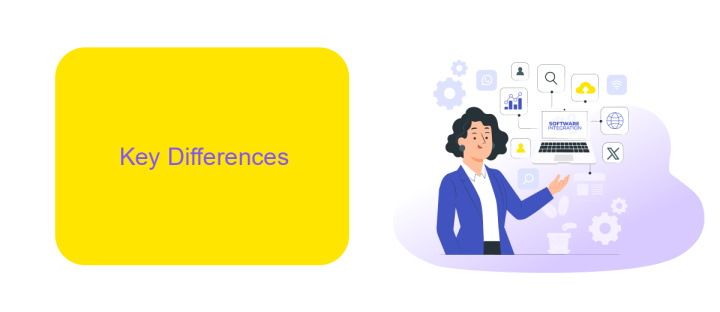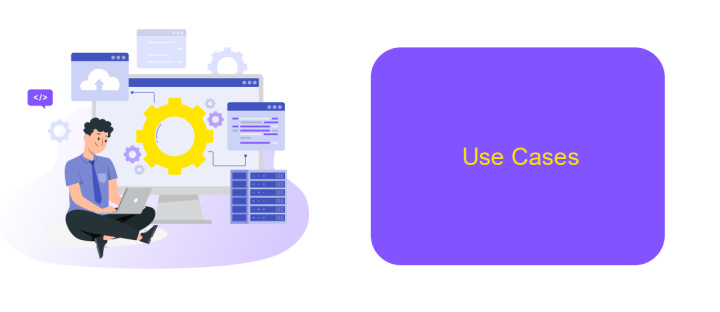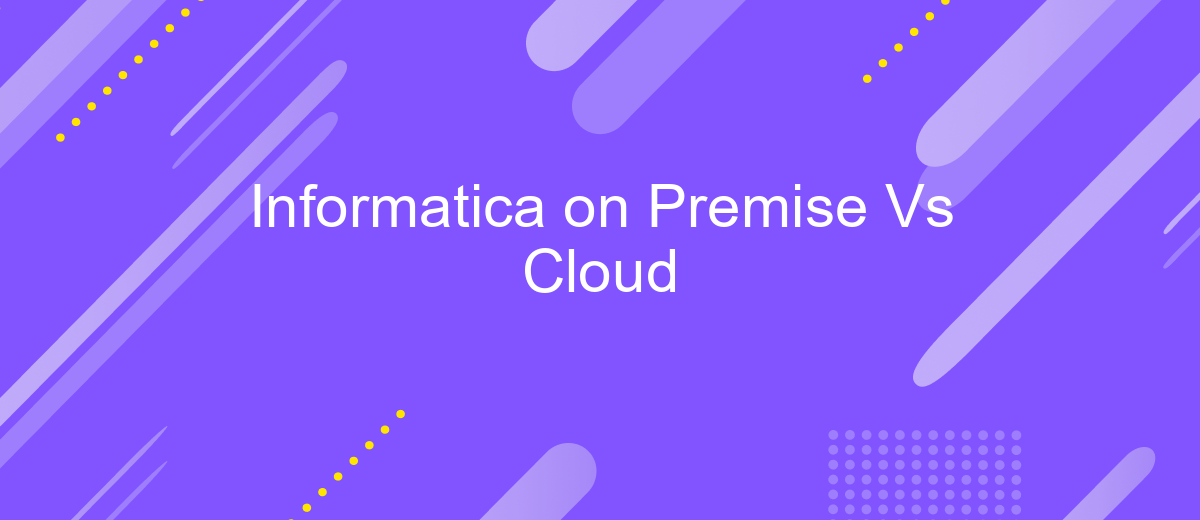Informatica on Premise Vs Cloud
Informatica, a leader in data integration and management, offers robust solutions both on-premise and in the cloud. As businesses navigate digital transformation, the choice between on-premise and cloud-based deployments becomes critical. This article explores the key differences, benefits, and challenges of each approach, helping organizations make informed decisions based on their unique needs and strategic goals.
Introduction
Informatica, a leading provider of data integration solutions, offers both on-premise and cloud-based options to cater to diverse business needs. Choosing between on-premise and cloud solutions involves considering various factors such as cost, scalability, security, and maintenance. Each option has its own set of advantages and potential drawbacks that organizations must evaluate carefully.
- Cost: On-premise solutions often require significant upfront investments, while cloud solutions typically operate on a subscription model.
- Scalability: Cloud solutions offer greater flexibility to scale resources up or down based on demand.
- Security: On-premise solutions provide more control over data security, whereas cloud providers implement robust security measures.
- Maintenance: Cloud solutions reduce the need for in-house maintenance, with vendors like ApiX-Drive offering seamless integration services.
Understanding the key differences between Informatica's on-premise and cloud solutions helps organizations make informed decisions that align with their strategic goals. Whether prioritizing cost-efficiency, scaling capabilities, or security, businesses can leverage tools like ApiX-Drive to streamline their data integration processes and optimize performance.
Key Differences

Informatica on-premise solutions are deployed within an organization's local infrastructure, allowing for greater control over data management and security. This setup often requires significant upfront investment in hardware, software, and maintenance. Conversely, cloud-based Informatica solutions offer scalability and flexibility, reducing the need for substantial initial expenditure and ongoing maintenance. The cloud model enables businesses to pay for only the resources they use, making it a cost-effective option for many organizations.
Another key difference lies in integration capabilities. On-premise solutions may require complex and time-consuming setups to integrate with other systems. In contrast, cloud-based solutions often come with pre-built connectors and API support, simplifying integration processes. Services like ApiX-Drive can further streamline these integrations by providing user-friendly tools to connect various applications and automate workflows. This makes cloud-based Informatica solutions more adaptable and easier to manage in dynamic business environments.
Pros and Cons

Choosing between Informatica on-premise and cloud solutions can be challenging, as both have their unique advantages and disadvantages. Understanding these can help organizations make an informed decision based on their specific needs.
- On-Premise Pros: Greater control over data security and compliance, customizable to specific business needs, no dependency on internet connectivity.
- On-Premise Cons: High initial setup and maintenance costs, requires in-house IT expertise, limited scalability.
- Cloud Pros: Lower upfront costs, automatic updates and maintenance, scalable resources to match business growth, easy integration with services like ApiX-Drive for seamless workflows.
- Cloud Cons: Potential data security concerns, dependency on internet connectivity, ongoing subscription costs.
Ultimately, the choice between Informatica on-premise and cloud solutions depends on the specific requirements and constraints of the organization. For businesses seeking flexibility and scalability, cloud solutions may be more suitable, while those needing strict control over their data may prefer on-premise deployments.
Use Cases

Informatica's on-premise and cloud solutions cater to different business needs, offering unique advantages for various use cases. On-premise deployments are often preferred by organizations requiring stringent data security and control, such as financial institutions and healthcare providers. These organizations benefit from the ability to customize and manage their own infrastructure.
Conversely, cloud-based Informatica solutions are ideal for businesses looking for flexibility, scalability, and reduced IT overhead. Startups and small to medium-sized enterprises (SMEs) often choose cloud solutions to leverage the pay-as-you-go model and avoid large upfront investments in hardware and software.
- Financial institutions seeking robust data security and compliance.
- Healthcare providers needing to manage sensitive patient data.
- Startups aiming for scalable and cost-effective data integration solutions.
- SMEs looking to minimize IT infrastructure costs and complexities.
For seamless integration between various applications, services like ApiX-Drive can be utilized. ApiX-Drive simplifies the process of connecting different systems, whether on-premise or in the cloud, making it easier for businesses to automate workflows and enhance productivity.
Conclusion
In conclusion, the choice between Informatica on-premise and cloud solutions depends largely on your organization's specific needs and infrastructure. On-premise solutions offer greater control and customization, which can be crucial for businesses with stringent security requirements or complex integration needs. However, they come with higher upfront costs and require ongoing maintenance and upgrades.
On the other hand, cloud solutions provide scalability, flexibility, and reduced costs, making them ideal for businesses looking to minimize their IT overhead. Tools like ApiX-Drive can further enhance the capabilities of cloud-based Informatica by simplifying the integration process and allowing for seamless data flow between various applications. Ultimately, the decision should be guided by your business objectives, budget, and long-term strategy.


FAQ
What is the primary difference between Informatica on-premise and cloud solutions?
How does the cost structure differ between Informatica on-premise and cloud solutions?
What are the advantages of using cloud-based Informatica solutions?
Can I integrate cloud-based Informatica solutions with my existing on-premise systems?
Which deployment model offers better security: on-premise or cloud?
Routine tasks take a lot of time from employees? Do they burn out, do not have enough working day for the main duties and important things? Do you understand that the only way out of this situation in modern realities is automation? Try Apix-Drive for free and make sure that the online connector in 5 minutes of setting up integration will remove a significant part of the routine from your life and free up time for you and your employees.

